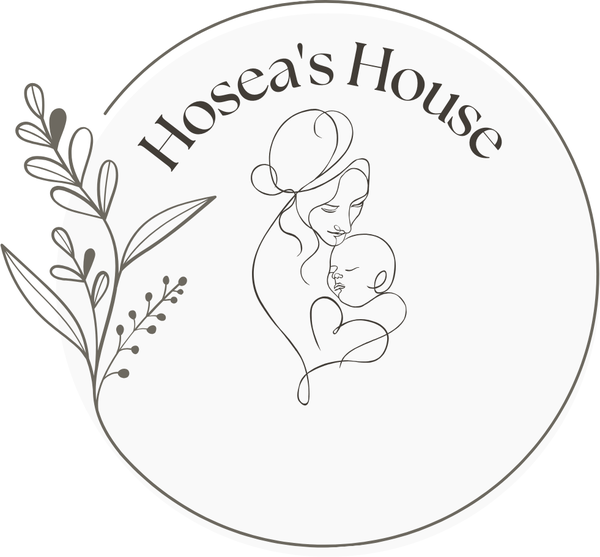Thoughts on a Monday #6

Thoughts on a Monday
I was reading the other day that almost 92% of Americans have at least 1 Bible in their home. That is amazing to me. When you think about what all it took for us to have access to the Holy Scriptures, it is even more amazing. During the first millennium (after the resurrection) the “sacred texts,” as they used to be called, were only accessible to those who were considered worthy by the church. The ordinary/everyday people did not have access to the word of God. They relied upon the religious institutions of the day to tell them about Christ and what God had said. The problem with that is that even though the Word of God is infallible, man is very much fallible. (The Pharisees in Judea had proved that time and time again when Jesus walked among us.)
In the 9th century, Alfred the Great began the process of translating the scriptures into English. Between 1382 and 1395, John Wycliffe was instrumental in translating the entirety of scripture into Middle English. The Wycliffite Bible, is considered "one of the most significant in the development of a written standard." Tyndales's translation of 1525 is seen by several scholars as having influenced the form of English Christian discourse as well as impacting the development of the English language itself. Martin Luther translated the New Testament into German in 1522, and both Testaments with Apocrypha in 1534, contributing to the multiple wars of the Age of Reformation and Counter-Reformation.
The point is, when people began to have access to the Word of God, things started happening. They started to research for themselves, and had better access to the knowledge of the life-saving grace of Jesus Christ. There are currently around 7378 spoken languages in the world, but only 1582 have translations of the New Testament. There is still work to be done.
I remember a group of missionaries for Pioneer Bible Translators coming to our church when I was a child. They were, at that time, beginning the process of translating the scriptures for a group of people in Tanzania. The biggest hurdle was that those folks did not have a written language. They basically had to start from scratch by inventing a new alphabet for them. It was pretty fascinating stuff. But why go through all that trouble?
Because Scripture is no mere human writing, but is authored by God himself, it has a unique power to transform the human heart, to “make us wise for salvation.” Scripture enlightens our minds, unveils God’s glorious plan of salvation, teaches us his ways, and shows us how to live as his people.
The Apostle Paul reminded Timothy of this: But as for you, continue in what you have learned and have become convinced of, because you know those from whom you learned it, and how from infancy you have known the Holy Scriptures, which are able to make you wise for salvation through faith in Christ Jesus. All Scripture is God-breathed and is useful for teaching, rebuking, correcting and training in righteousness, so that the servant of God may be thoroughly equipped for every good work. -2 Timothy 3:14-17.
God himself made this charge to the people of Israel in Deuteronomy 6:6-7, These commandments that I give you today are to be on your hearts. Impress them on your children. Talk about them when you sit at home and when you walk along the road, when you lie down and when you get up.
We have access to the very words of our Creator and Savior. I think that it is high time we stopped taking it for granted. There are people who go their whole lives without ever seeing even a piece of the scripture, and yet some of us have 4 or 5 Bibles sitting at home collecting dust on a shelf.
Take advantage of His word. Study it. Benefit from it. Live by it. Be transformed by it. Be renewed by it daily/ In the end, God’s word is the best weapon that we have against the hardships and struggles of life, because it offers that which no other text does. Hope.
Have a great week!
-Jason
